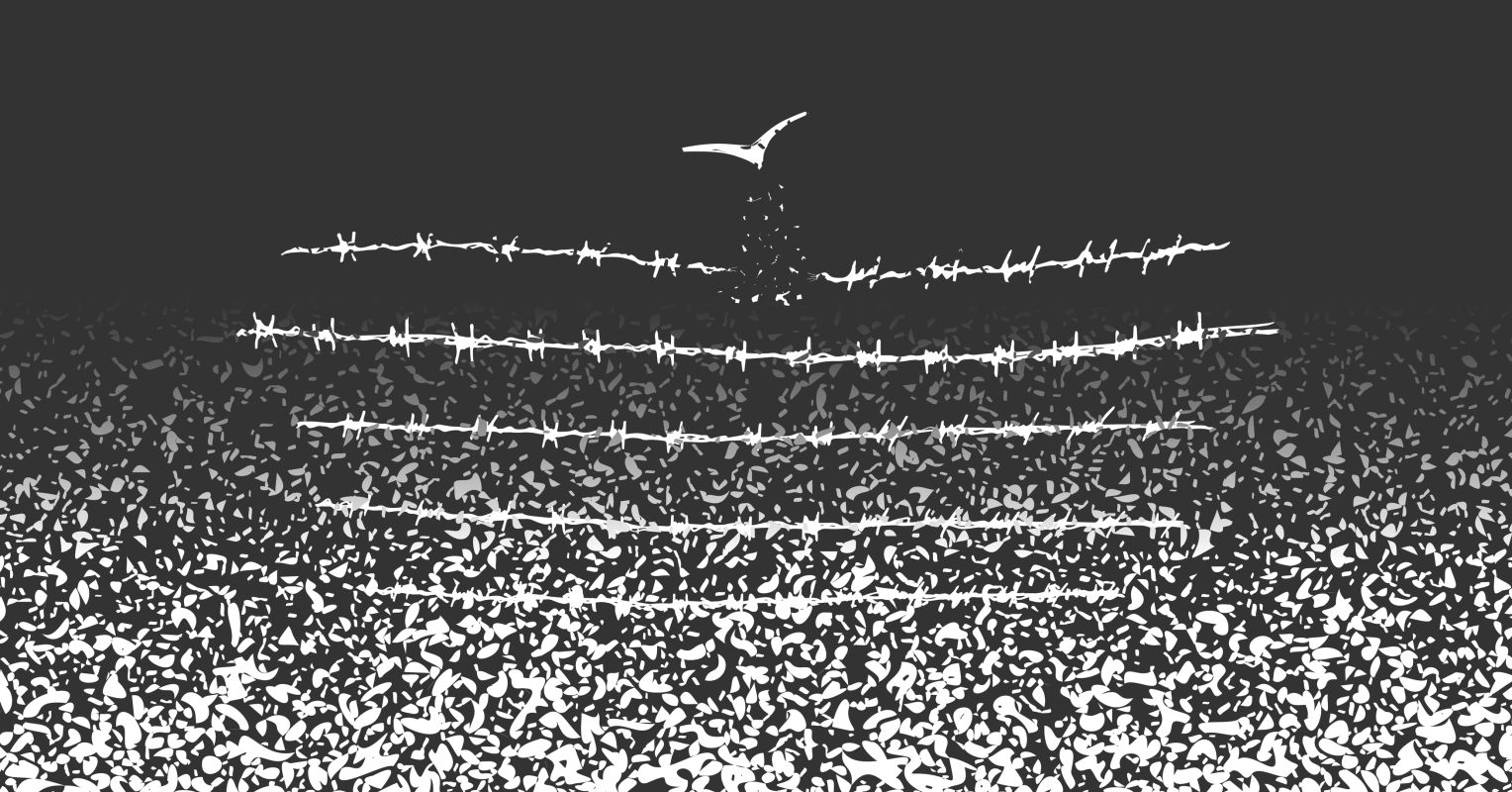
"Negative thoughts in early recovery can lead to shame and isolation. The RAP framework (Realistic, Adaptive, and Positive) can help restructure negative thinking."
"In cognitive behavior therapy (CBT), you will learn about cognitive errors and how these errors in thinking influence our feelings and behavior."
"Cognitive errors like overgeneralization contribute to hopelessness. Recognizing these thoughts is essential to maintaining a healthy mindset in recovery."
"I don't wish that my recovery story was different but I do wish I understood the power of my thoughts during early recovery."
The article discusses the negative effects of thoughts during addiction recovery, particularly focusing on how they can lead to shame and isolation. The author shares insights from their 16 years of recovery, emphasizing the importance of understanding cognitive errors that hinder progress. Utilizing the RAP framework (Realistic, Adaptive, and Positive), the piece highlights strategies for reframing negative thoughts. The author reflects on their experiences and the need for deeper awareness of how thoughts influence emotions and behaviors, ultimately aiming to guide others in their recovery journeys.
Read at Psychology Today
Unable to calculate read time
Collection
[
|
...
]